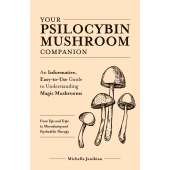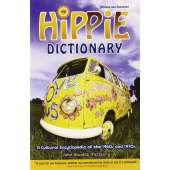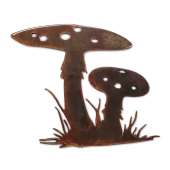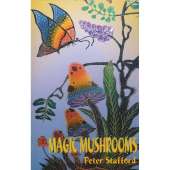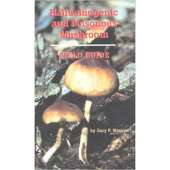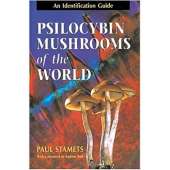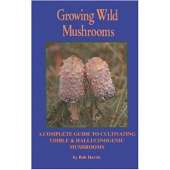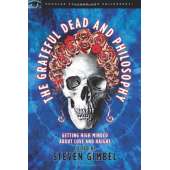With Bukowski, the votes are still coming in. There seems to be no middle ground—people seem either to love him or hate him. Tales of his own life and doings are as wild and weird as the very stories he writes. In a sense, Bukowski was a legend in his time . . . a madman, a recluse, a lover . . . tender, vicious . . . never the same . . . these are exceptional stories that come pounding out of his violent and depraved life . . . horrible and holy, you cannot read them and ever come away the same again.
Bukowski . . . "a professional disturber of the peace . . . laureate of Los Angeles netherworld [writes with] crazy romantic insistence that losers are less phony than winners, and with an angry compassion for the lost." —Jack Kroll, Newsweek
"Bukowski’s poems are extraordinarily vivid and often bitterly funny observations of people living on the very edge of oblivion. His poetry, in all it’s glorious simplicity, was accessible the way poetry seldom is – a testament to his genius." —Nick Burton, PIF Magazine
Charles Bukowski (1920-1994) published his first story when he was twenty-four and began writing poetry at the age of thirty-five. His first book of poetry was published in 1959; he went on to publish more than forty-five books of poetry and prose, including books published by City Lights Publishers such as Notes of a Dirty Old Man, More Notes of a Dirty Old Man, The Most Beautiful Woman in Town, Tales of Ordinary Madness, Portions from a Wine-Stained Notebook, The Bell Tolls for No One,and Absence of the Hero.

